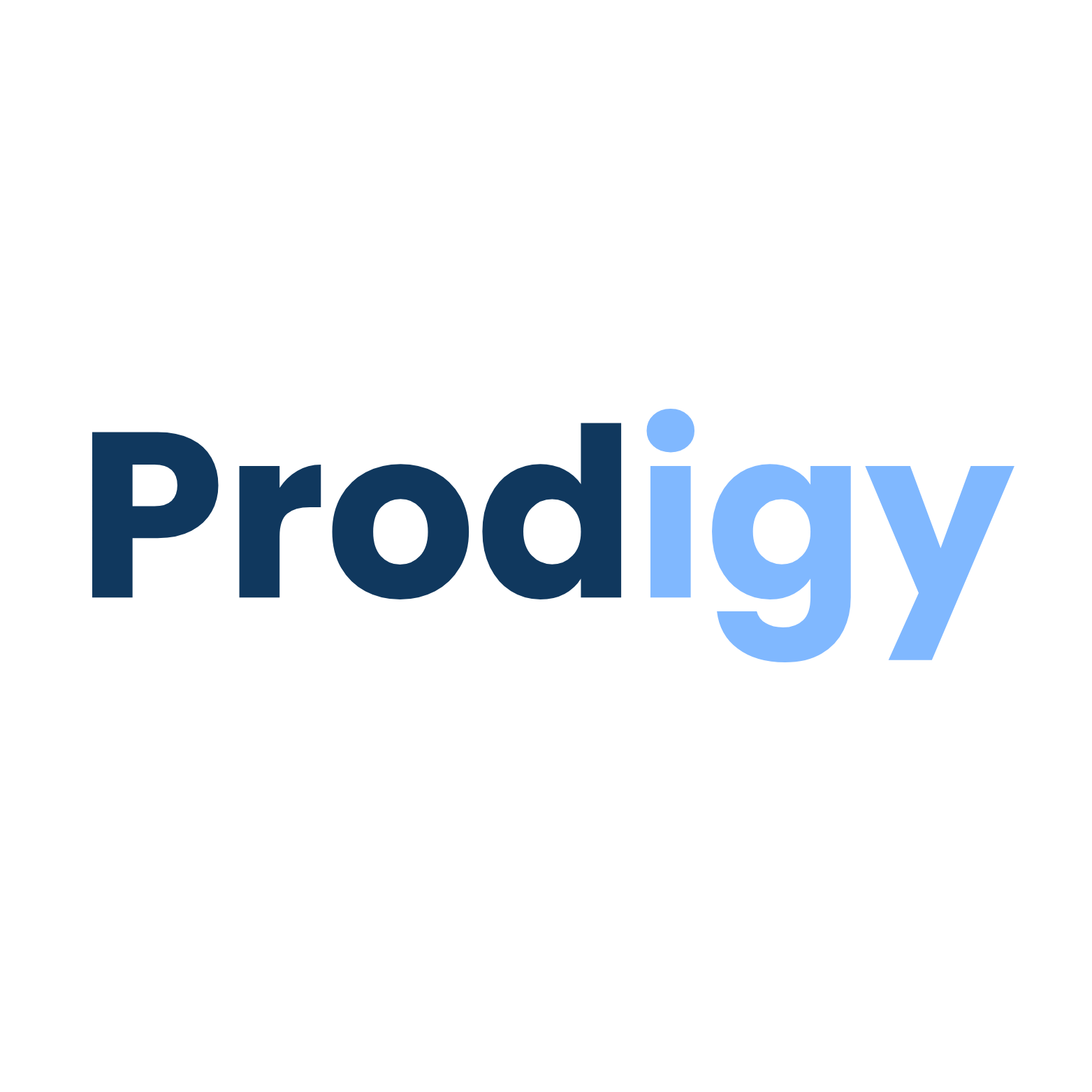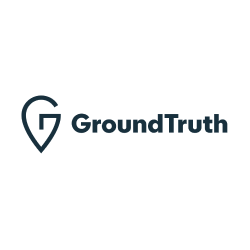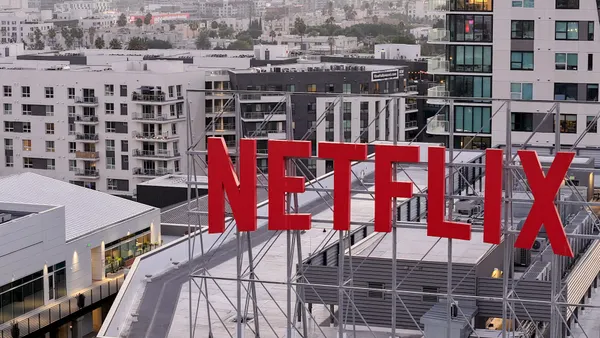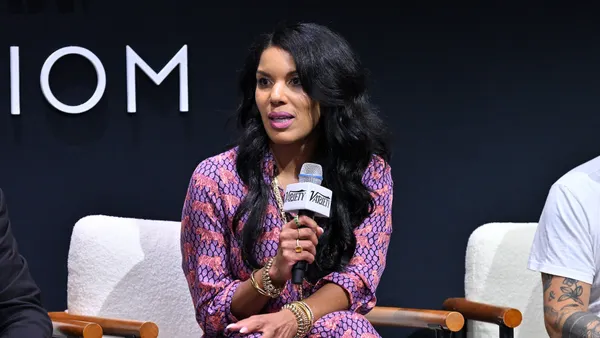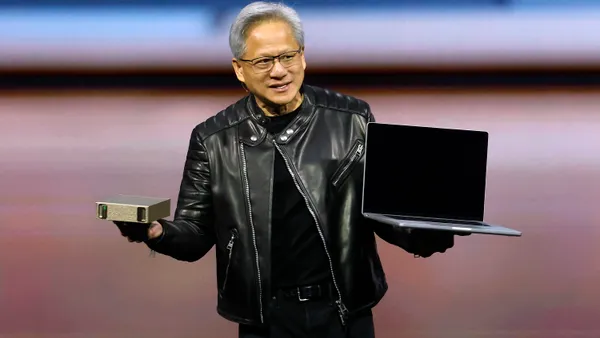Dive Brief:
- Keith Weed's upcoming departure as the CMO of Unilever could signal the end of the position at the consumer packaged goods company, The Drum reported, citing several anonymous industry sources.
- Weed, who has been at Unilever for 35 years and acted as its marketing chief for roughly a decade, plans to retire in May. Rather than finding a replacement, Unilever is aiming to more broadly realign its marketing division, according to The Drum.
- Aline Santos, Unliever's global EVP of marketing, chief diversity and inclusion officer and a right-hand executive to Weed, has previously been eyed as a strong candidate to fill in for the marketer. But getting rid of the CMO role altogether wouldn't be beyond the pale either, following in the footsteps of other major companies, including fellow CPG giant Coca-Cola and the hotel chain Hyatt.
Dive Insight:
As noted by The Drum, other big businesses have moved to eliminate the CMO position as marketing shifts toward being more digital and data-driven. Unilever potentially ending the role, however, could create a strong ripple effect in the industry during a time of uncertainty surrounding how marketing delivers the most value to consumers.
The company behind brands like Dove, Axe and Lipton tea is not only among the largest advertisers in the world by media spend, but also frequently looked to for thought leadership. Unilever's leading role in marketing is apparent in efforts to address everything from diversity and inclusion to navigating the murkier transparency waters of digital, which Weed has made a concentrated effort to tackle in recent years, including by taking a harder line on platforms like Google and Facebook.
But there have been some signs that Unilever could introduce more significant tweaks to its marketing strategy as the executive closes in on his retirement. Last week, the company announced the Unilever Trusted Publishers network. The initiative introduces more stringent vetting requirements for any publishers Unilever advertises with at the global, regional and local level, with standards going beyond its existing "3Vs" framework that looks to achieve viewability, verification and value as a baseline. Unilever said it hopes to eventually conduct most of its digital marketing through the new network.
It's possible that Unilever's growing focus on data-driven marketing has diminished the need for a chief marketer as well. The company now operates 28 "people data" centers, according to The Drum, and Weed has previously signaled that acquiring and leveraging more first-party data is top of the agenda for Unilever in 2019, having previously been a weak muscle for the marketer.
"This is the year I really believe that data-driven marketing is actually going to deliver at scale," Weed said on a panel at CES in January. "We've been talking about it for a few years, but I think it's actually going to play out."
Past industry forecasts have indicated that the role of the traditional CMO will be diminished, with Forrester projecting in 2017 that companies will more frequently put the emphasis on chief growth officers (CGOs) that can cut budgets and make ad dollars go further. This was certainly the case at Coca-Cola after Global CMO Marcos de Quinto departed two years ago, with CGO Fanciso Crespo essentially holding the closest job title following a concurrent change-up in the food and beverage company's marketing structure.
However, other recent developments in the packaged goods category have led to rallying cries for a return to stronger branding and marketing innovation. Some critics pointed to Kraft Heinz's recent $15.4 billion write-down on key legacy brands Kraft and Oscar Meyer as a sign that the company had lost focus on those fronts.







